UK food, hospitality firms hit by shortages, shoppers warned to brace for price hikes
Stock shortages have impacted over a quarter of food and hospitality businesses in the United Kingdom in recent weeks and shoppers were told to expect higher prices as the country’s supply chain crisis gets worse.
Twenty-seven percent of food services and accommodation companies have experienced low stock levels and other sectors are also beginning to experience the same problems, according to a survey by the Office for National Statistics (ONS).
While a quarter of retail and wholesalers reported problems, 23 percent of manufacturers cited similar issues, the survey shows.
The mounting disruption to supply chains have resulted in empty shelves in supermarkets and forced some restaurant chains to close.
A severe shortage of lorry drivers, which has been deepened by both the pandemic and Brexit, has affected several businesses, including meat processors and fruit farms and McDonald’s that ran out of milkshakes this week.
Meanwhile, Haulage industry bosses issued warnings, telling shoppers to brace themselves for higher prices, while retailers have raised wages for lorry drivers.
“Certainly, drivers’ pay is increasing, often by quite substantial amounts,” Rod Mckenzie, the managing director of the Road Haulage Association (RHA), told the PA news agency.
“This, in turn, is a cost that will need to be passed on, and given the tight profit margins of most haulage operators, that means their rates to customers will have to go up.
“In turn, this may mean more of us paying higher prices for goods, services and shopping – including food prices – going forward.”
The RHA also said the situation is “not getting better,” warning it would take a long time to train new drivers and that means Government action is needed.
The Covid-19 pandemic has caused disruption to supplies of manufactured goods, and shipping rates have spiked this year as economies have reopened, causing demand to rise dramatically.
In plumbing industry, for instance, plumbers have been forced to delay work because vital parts are out of stock, with long lead times.
Kevin Wellman, CEO of the Chartered Institute of Plumbing and Heating Engineering, said the industry had been experiencing growing disruption for 18 months, and the situation has deteriorated by additional red tape after Brexit.
“Manufacturers are doing all they can but they can’t just increase supplies overnight.
“It’s just been one thing after another for the poor, unsuspecting tradesperson who has just been trying to get things up and running.”
Shortages of raw materials and skilled workers have badly affected builders too, with over one in seven construction companies reporting they have been unable to get their needed materials in recent weeks.
Iran seeks South Korea’s assistance for AI, fiber-optic projects
VIDEO | Iran's 'Eqtedar' (Power) maneuver
Israel hits HTS military target in Syria for 1st time since fall of Assad
VIDEO | Press TV's news headlines
Israel has slaughtered 13,000 students in Gaza, West Bank
VIDEO | More Zionist than Zionists: Biden’s legacy to be defined by Gaza genocide
Hamas confirms handing approval of Gaza ceasefire deal to mediators
VIDEO | Iran: Show of strength


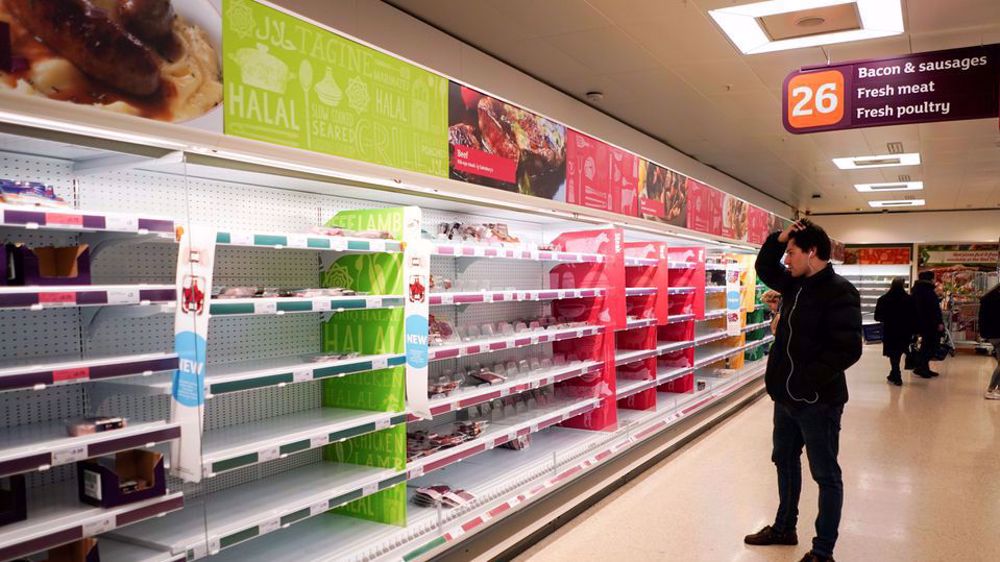
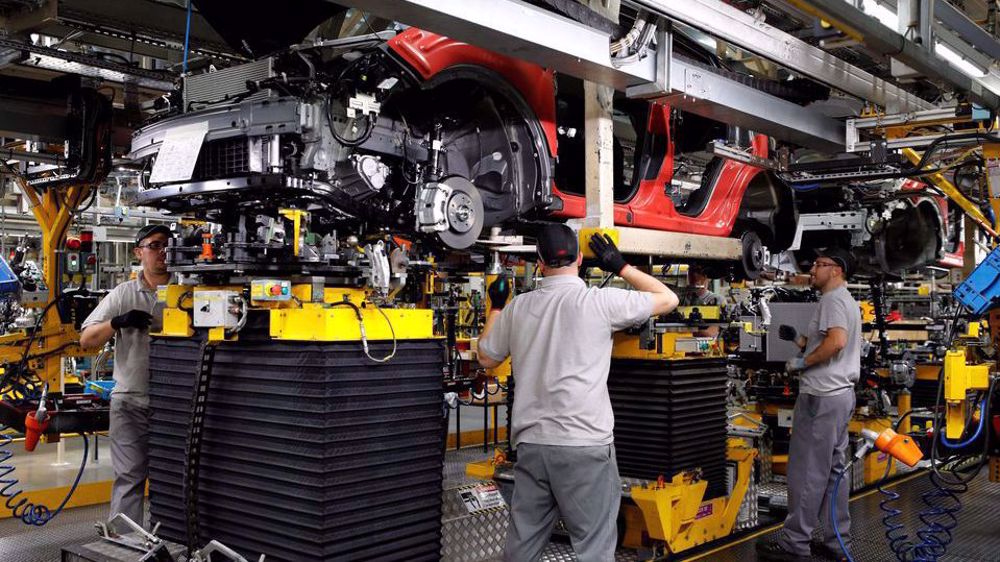
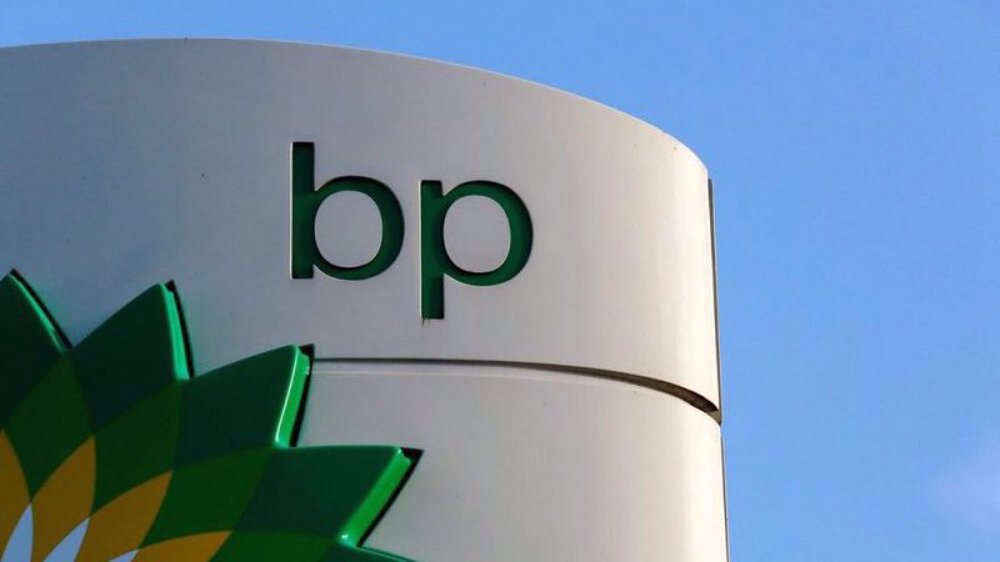

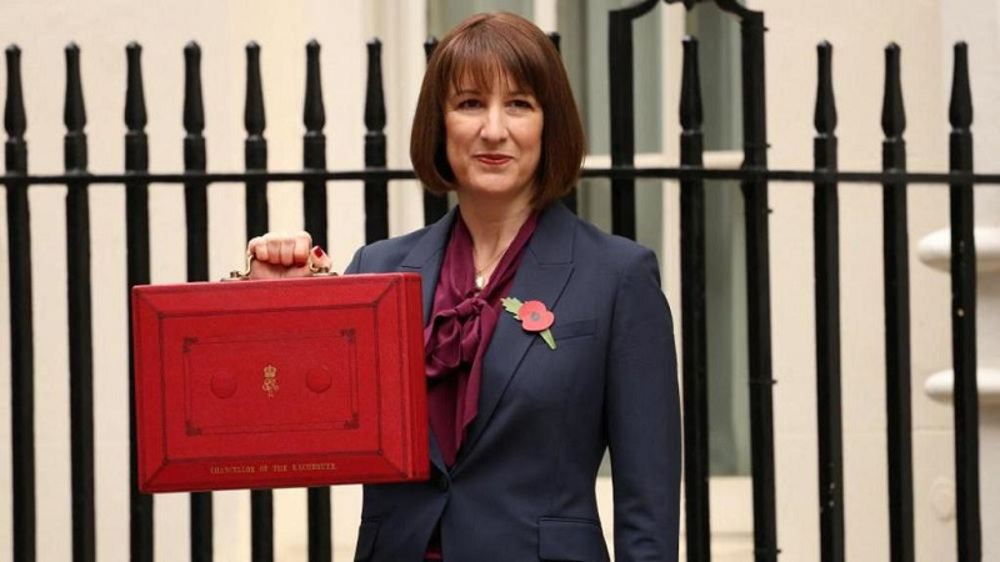



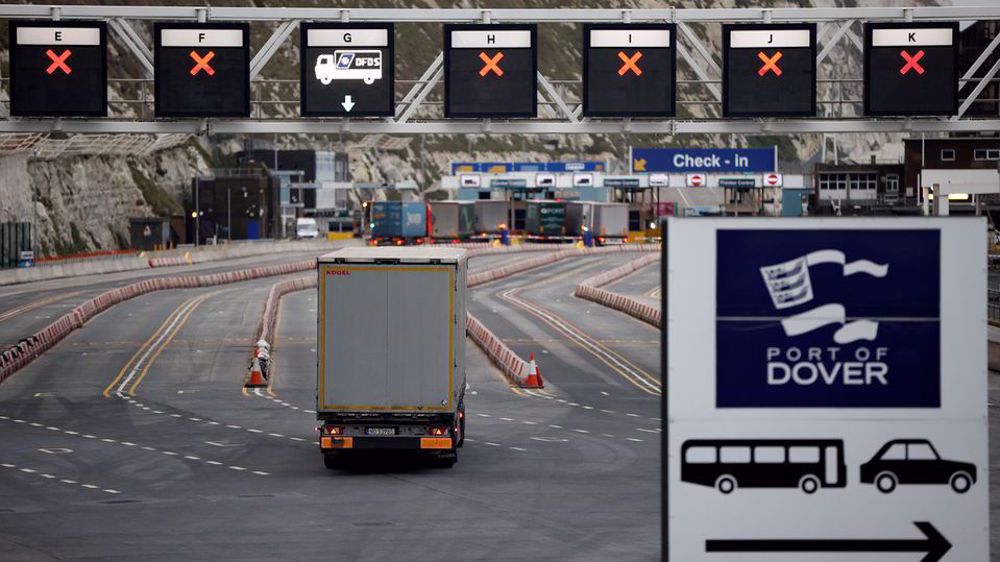
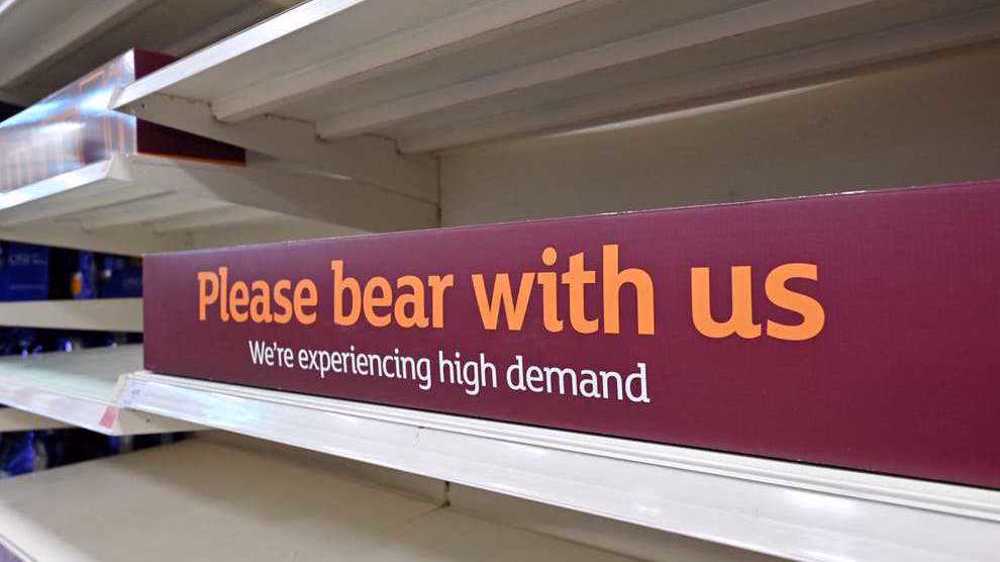

 This makes it easy to access the Press TV website
This makes it easy to access the Press TV website